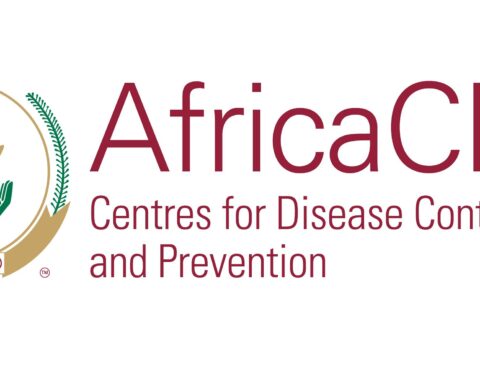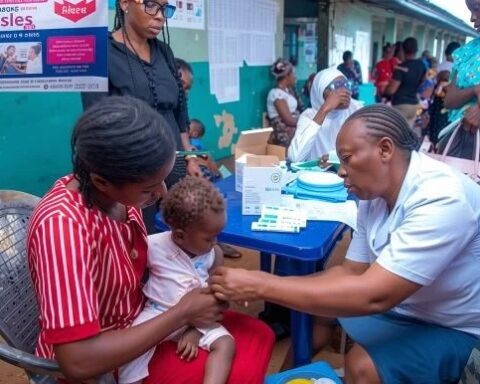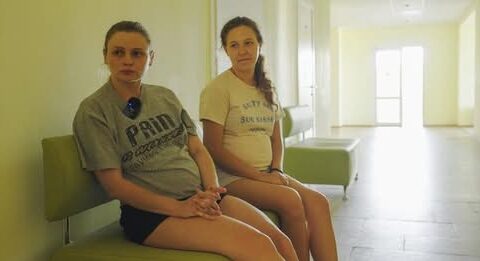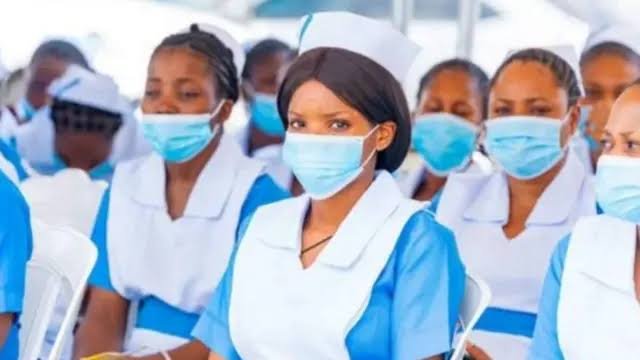About 75.5 percent of children in Katsina State are living in multidimensional poverty, according to UNICEF’s latest assessment. The estimate, shared by Rahama Farah of UNICEF’s Kano field office at a media dialogue on July 8 and confirmed on July 9, highlights that three in four children are deprived in at least three essential dimensions: health, education, nutrition, water, sanitation, housing, or access to information, despite Katsina having an estimated 4.5 million children.
UNICEF also reported alarming child welfare indicators: only 41 percent of children are fully immunized, 51.3 percent of under-fives suffer chronic malnutrition (stunting), one in six children dies before age five, and roughly a third are out of school. These findings come amid concern over declining budgetary commitments to social services. Child-focused expenditures in Katsina dropped from 38.6 percent in 2016 to just 13.0 percent by 2020.
In response, UNICEF urged the state government to prioritise child-sensitive budgeting, warning that without urgent intervention these vulnerabilities will persist. The organisation stressed that investing in children’s well-being is both a moral obligation and a strategic necessity for future stability and growth.
Follow us on all social media platforms @dailyquery for news and analyses around the globe.



























